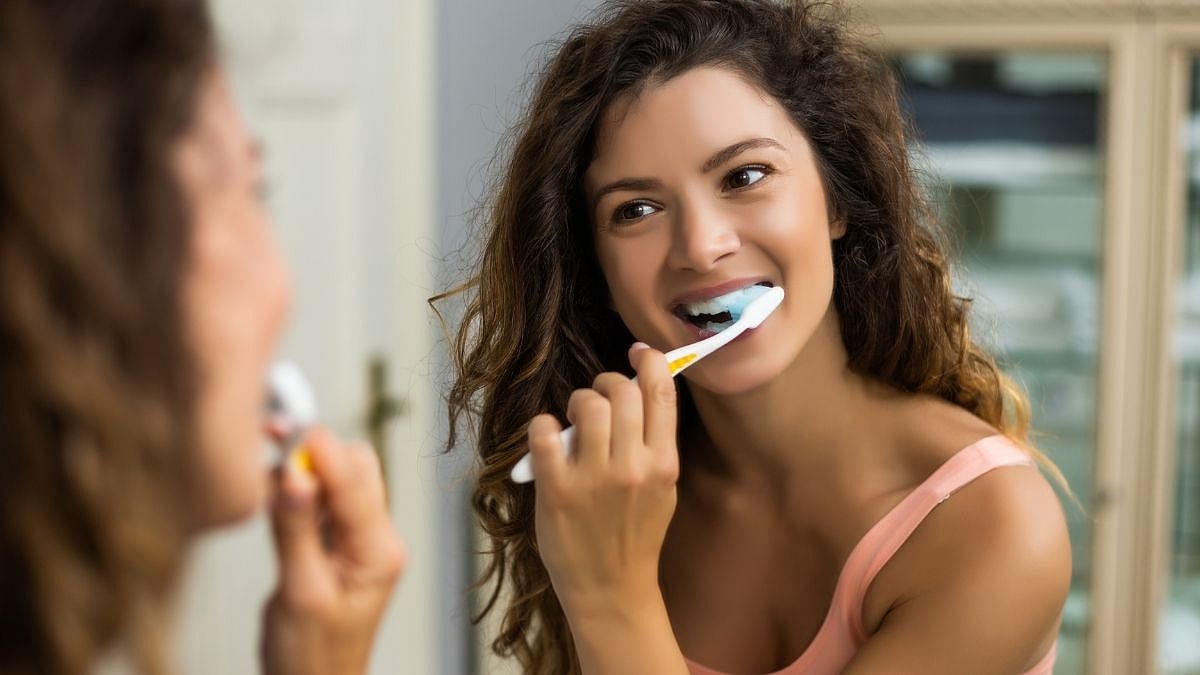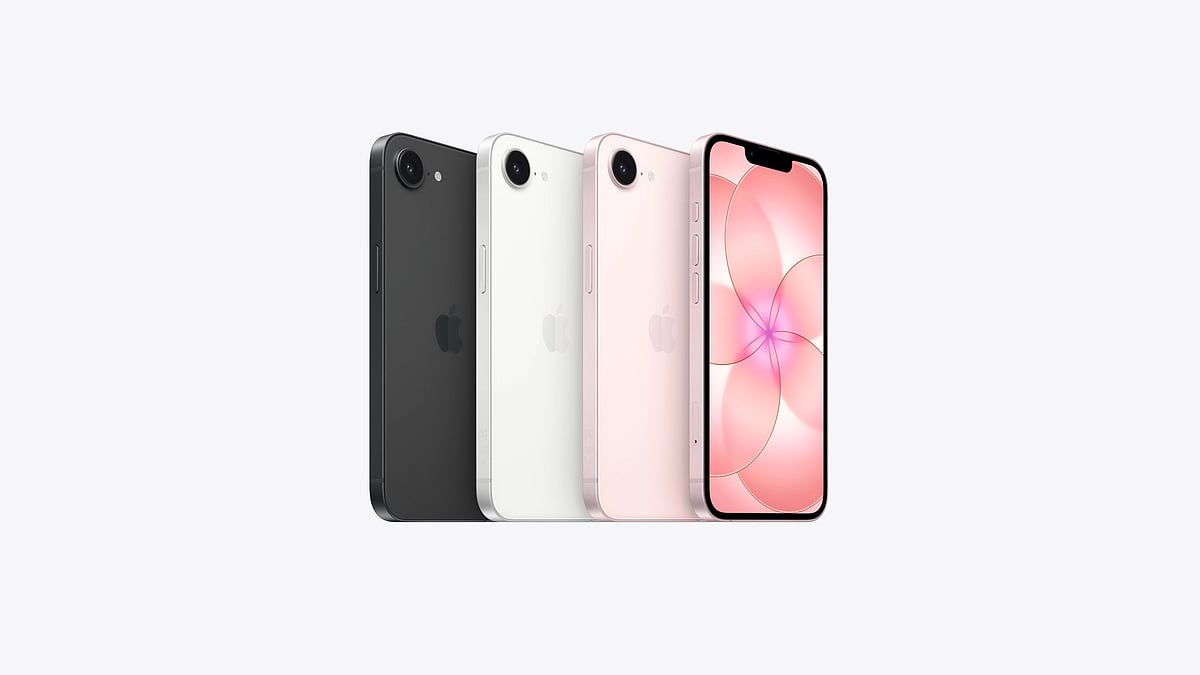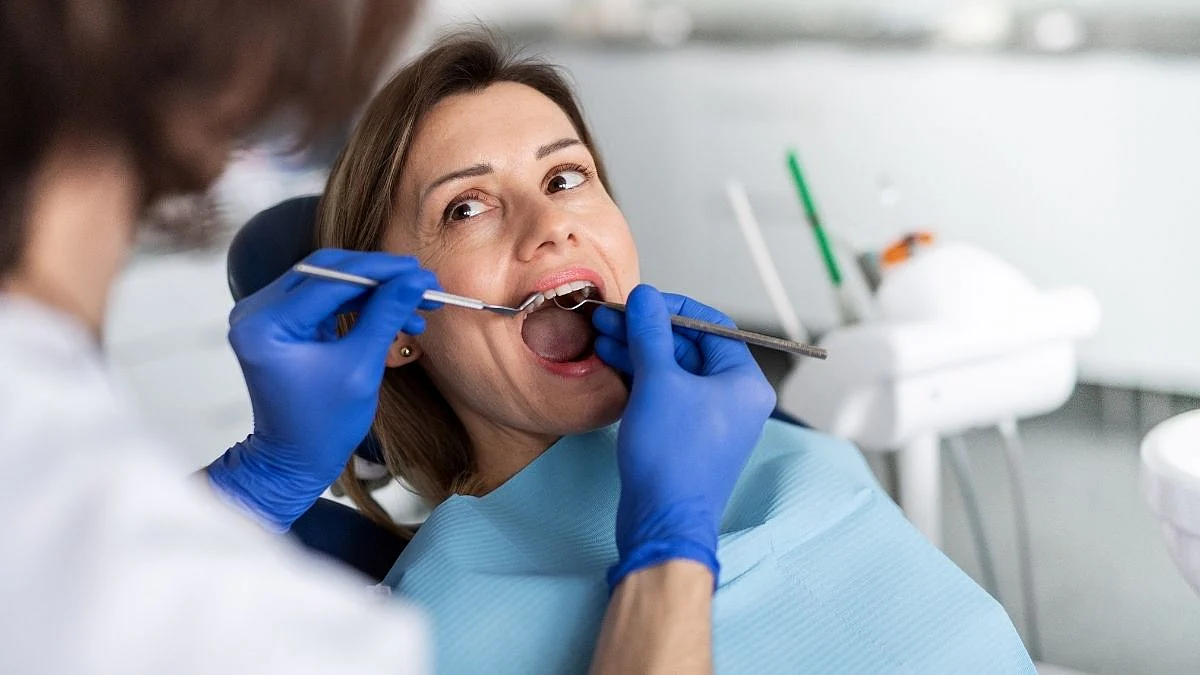When we think of pregnancy care, oral health rarely makes it to the checklist. Yet, decades of research confirm: what happens in the mouth during pregnancy can influence not just the mother’s health—but also the baby’s future. From hormonal shifts to inflammation and immunity, pregnancy presents an extraordinary period where the mouth becomes a mirror of systemic wellbeing.
Gums & hormones
Pregnancy brings surges in estrogen and progesterone—two hormones that significantly influence the gums. Many expectant mothers experience:
Swollen, tender gums
Increased bleeding while brushing or flossing
A rise in plaque accumulation
Small oral growths known as ‘pregnancy tumours’ (benign granulomas
Unexplained tooth loss
This condition, known as pregnancy gingivitis, affects up to 60-75% of pregnant women, typically worsening during the second trimester. If left unchecked, it can escalate to periodontitis—a severe infection that damages the bone supporting the teeth.
Oral-systemic link
The consequences of poor oral health in pregnancy extend far beyond bleeding gums. As a pioneer in women’s oral Health in India, and an avid researcher, the one thing that I noticed time and again, that’s proven scientifically is that periodontal disease is associated with:
Preterm birth
Low birth weight
Preeclampsia
Gestational diabetes complications
The oral cavity acts as a gateway to the bloodstream, and inflammation in the gums can release pro-inflammatory markers systemically. This can subtly influence the uterus and placenta—highlighting the critical need for preventive oral care during gestation.
Moreover, bacteria from the gum disease can travel through bloodstream to the uterus and trigger premature birth, According to the WHO, approximately 15 million babies across the world are born prematurely every year!
Enamel erosion
Another overlooked issue is the frequent vomiting and acid reflux during pregnancy, which can erode the enamel. This leaves teeth more vulnerable to decay and sensitivity. Using a mild alkaline rinse after vomiting can help neutralise acid before brushing.
Saliva changes
Hormonal changes can reduce saliva flow or alter its composition. Since saliva is crucial for neutralising acids and maintaining healthy bacterial balance, a drier mouth increases the risk of cavities, fungal infections, and bad breath.
Nutrition & cravings
Pregnancy cravings—especially for sweets—can raise cavity risk if not balanced with oral hygiene. Pairing sugar intake with fibrous foods, rinsing after snacking, and increasing calcium-rich foods (like, sesame, almonds) supports both oral and bone health.
Holistic maternal care
We believe women deserve more than routine dental advice—they deserve oral healthcare that aligns with their biology, hormones, and life stages. As the world’s first women-focused oral health practice, we support mothers-to-be with informed care that respects the connection between mouth and motherhood.
Because a healthy pregnancy and healthy babies begins with a healthy is self care of the mother.
What women must do
Get a dental check-up in your pre-pregnancy planning phase and subsequently in the second trimester. This is the safest time to receive professional cleaning, treat gingivitis, and address any decay that can have an effect on pregnancy.
Switch to a soft-bristled brush and non-alcoholic mouthwash. This reduces gum irritation and supports the changing oral microbiome.
Stay hydrated and use remineralising toothpaste. Fluoride or hydroxyapatite pastes help protect enamel, especially if you’re experiencing vomiting.
Limit acidic and sugary snacks. Try nuts, cheese, and fibrous fruits as alternatives. Always rinse or chew sugar-free gum after snacks.
Share your pregnancy with your dentist. This allows for modified treatment planning and tailored care.
(Dr Karishma Vijan is a dental surgeon, author, and researcher)





